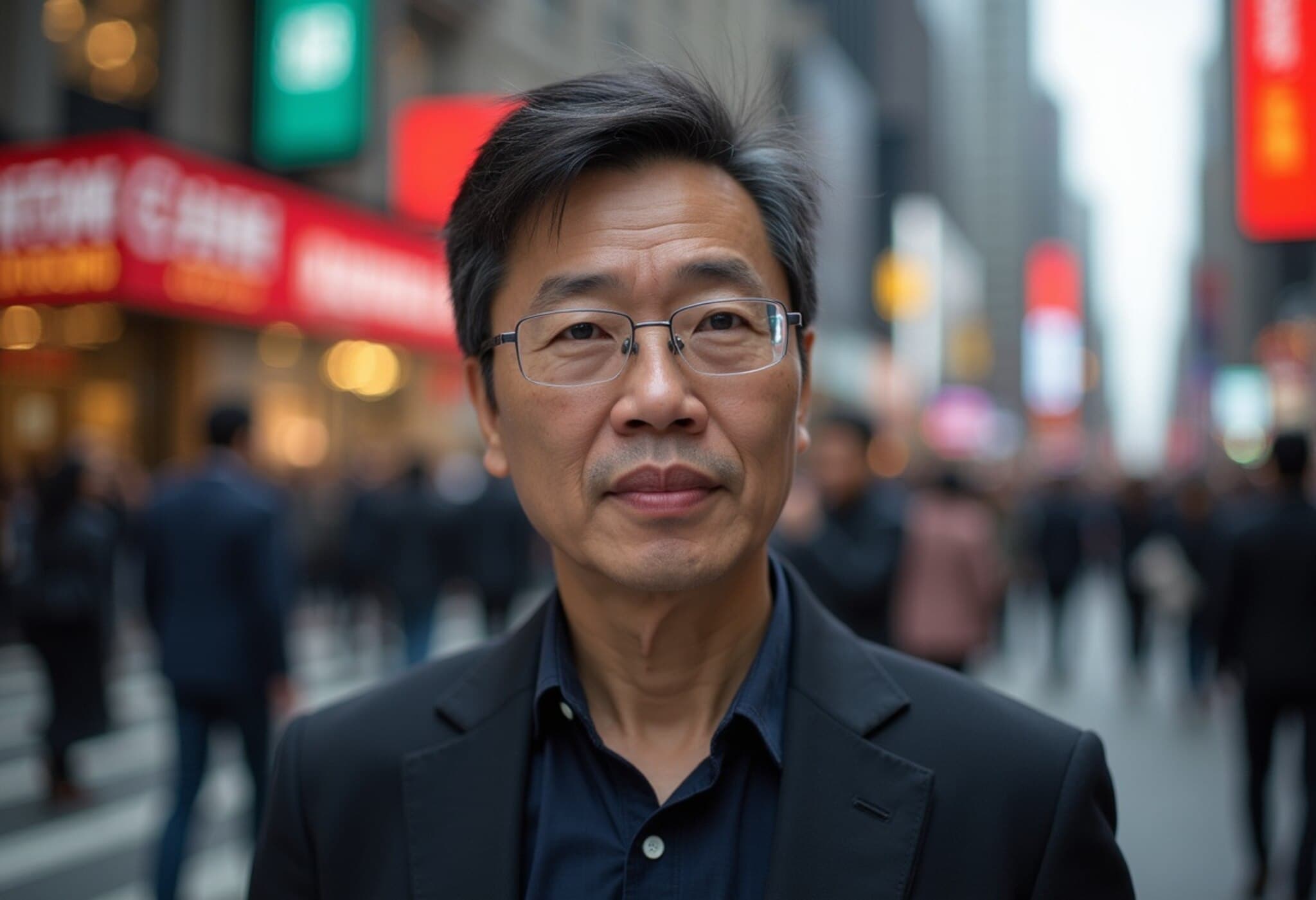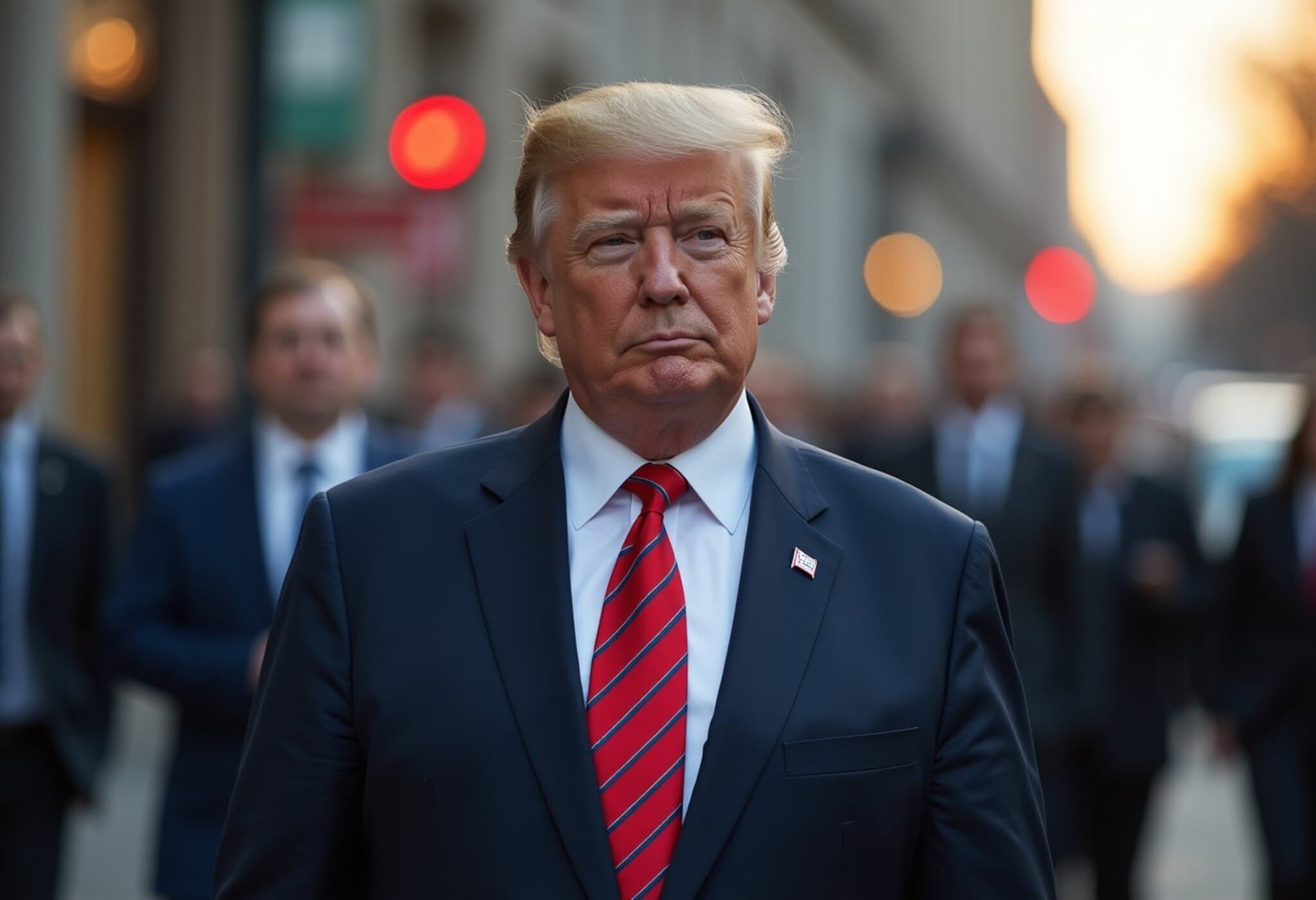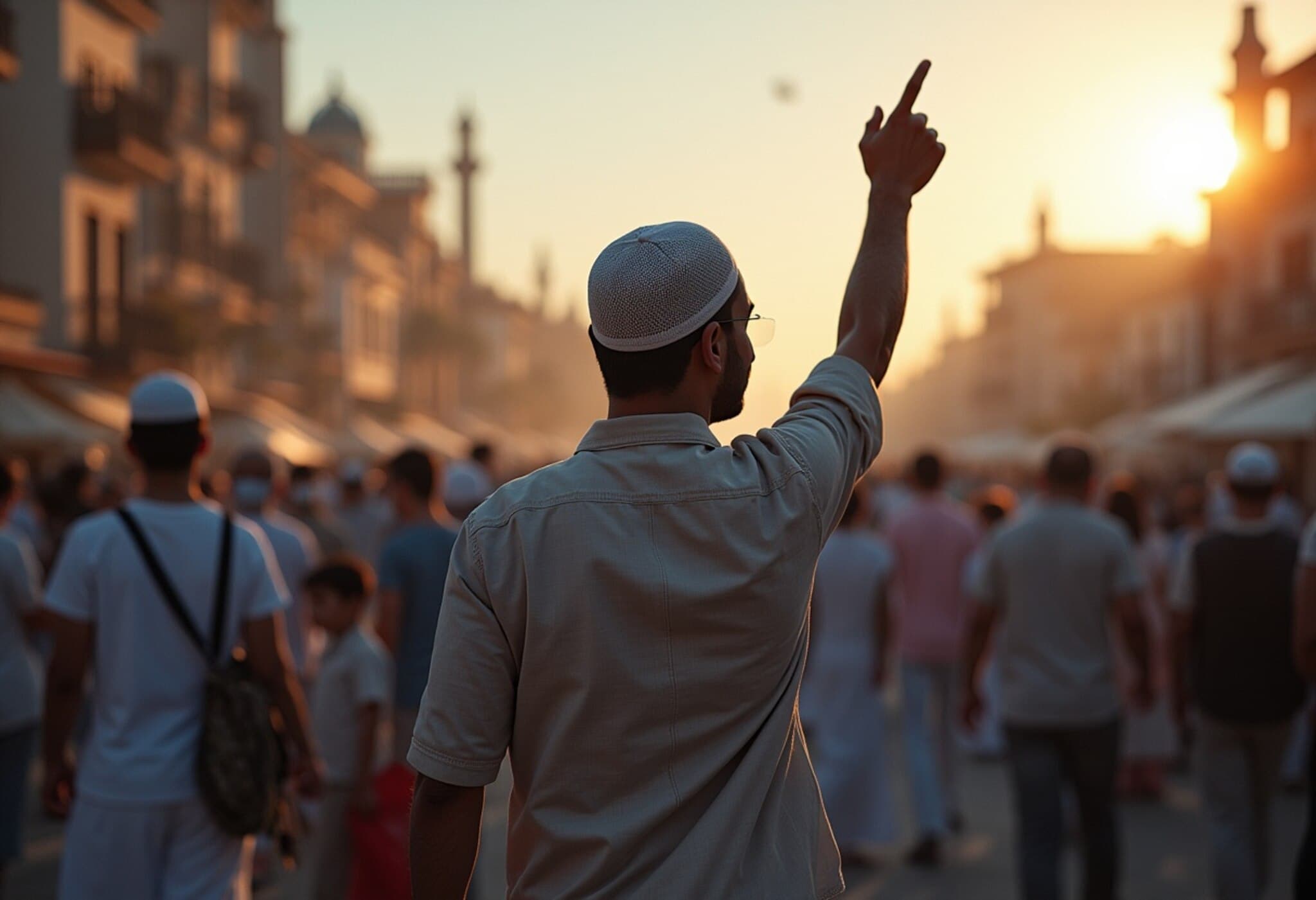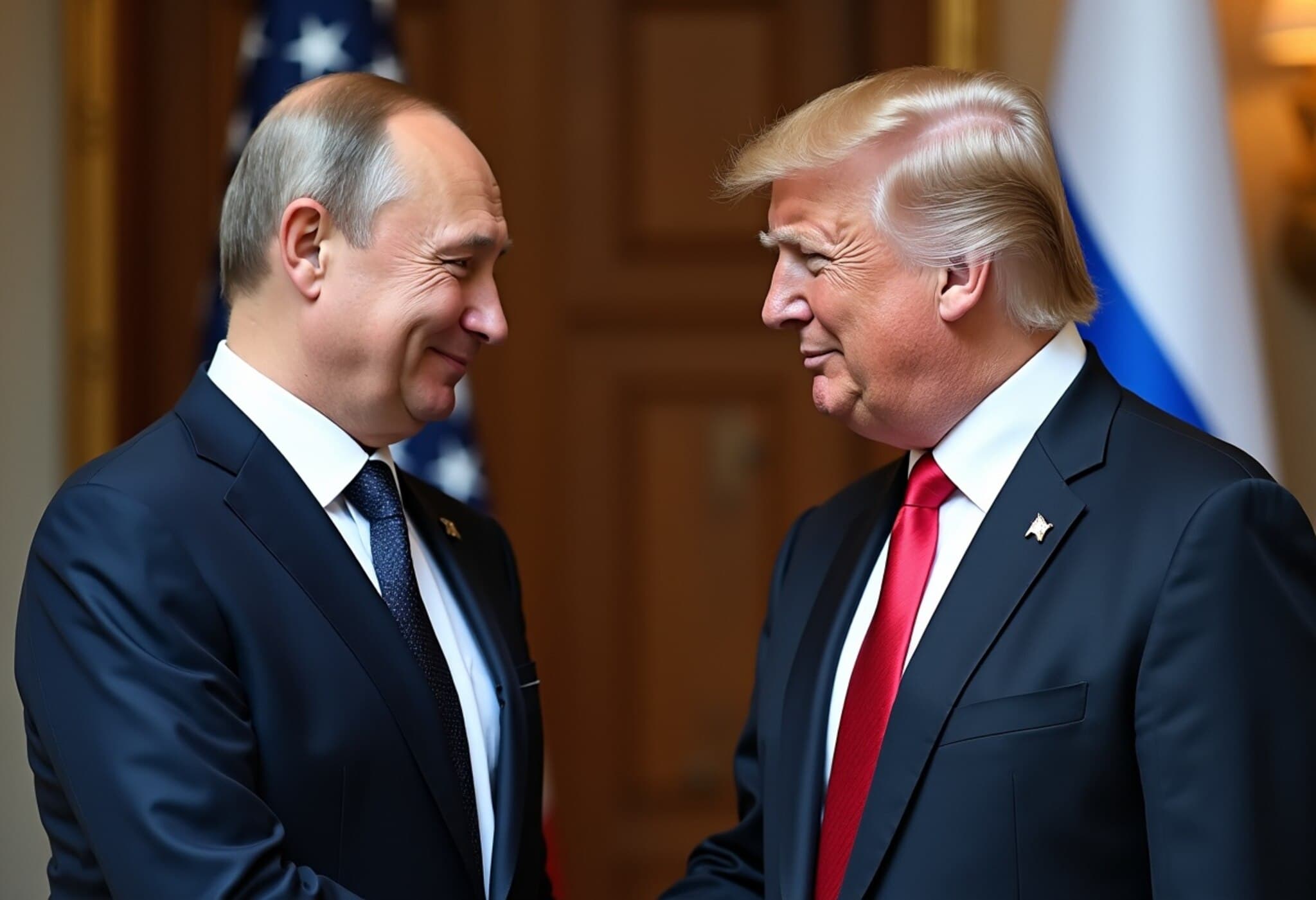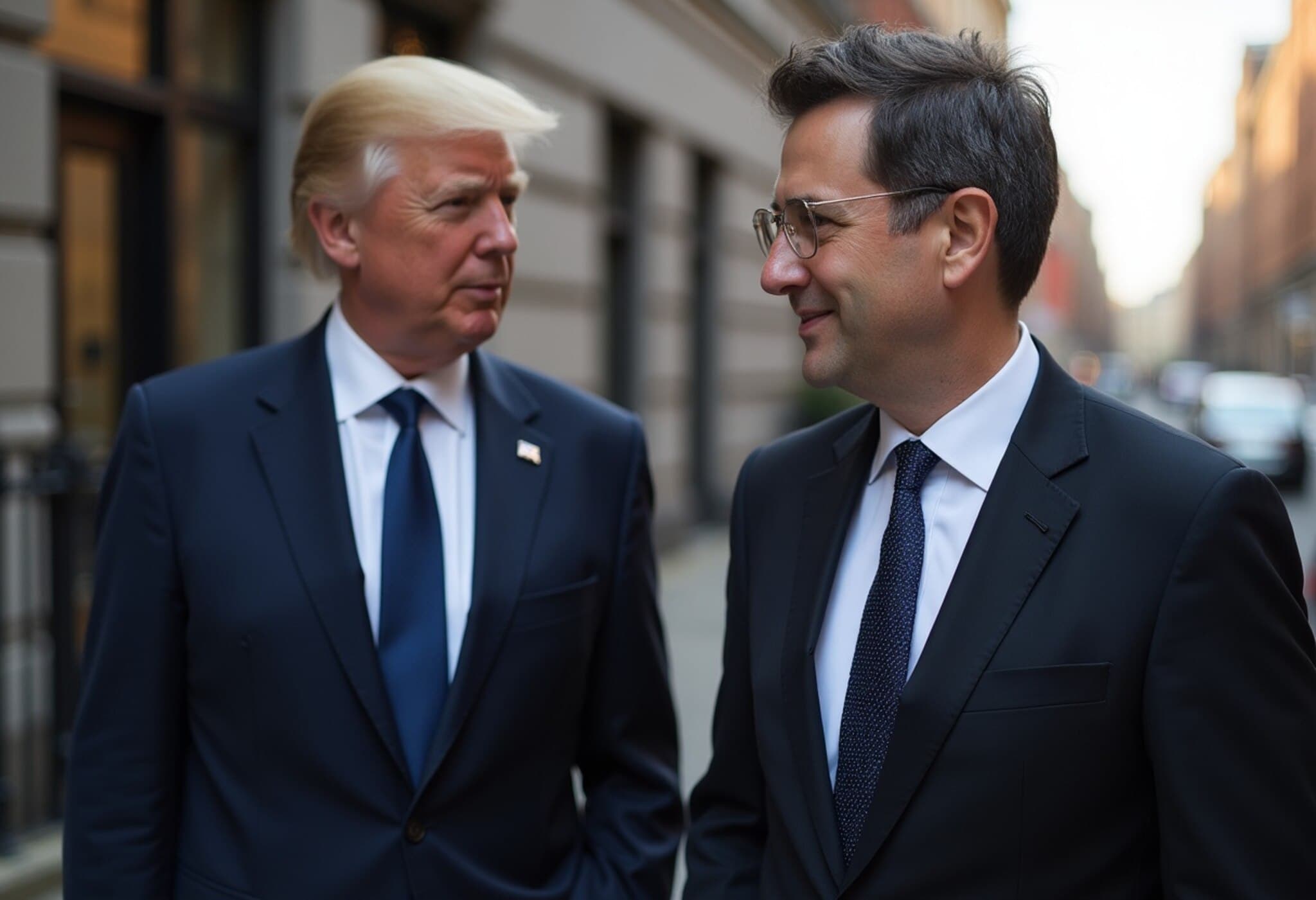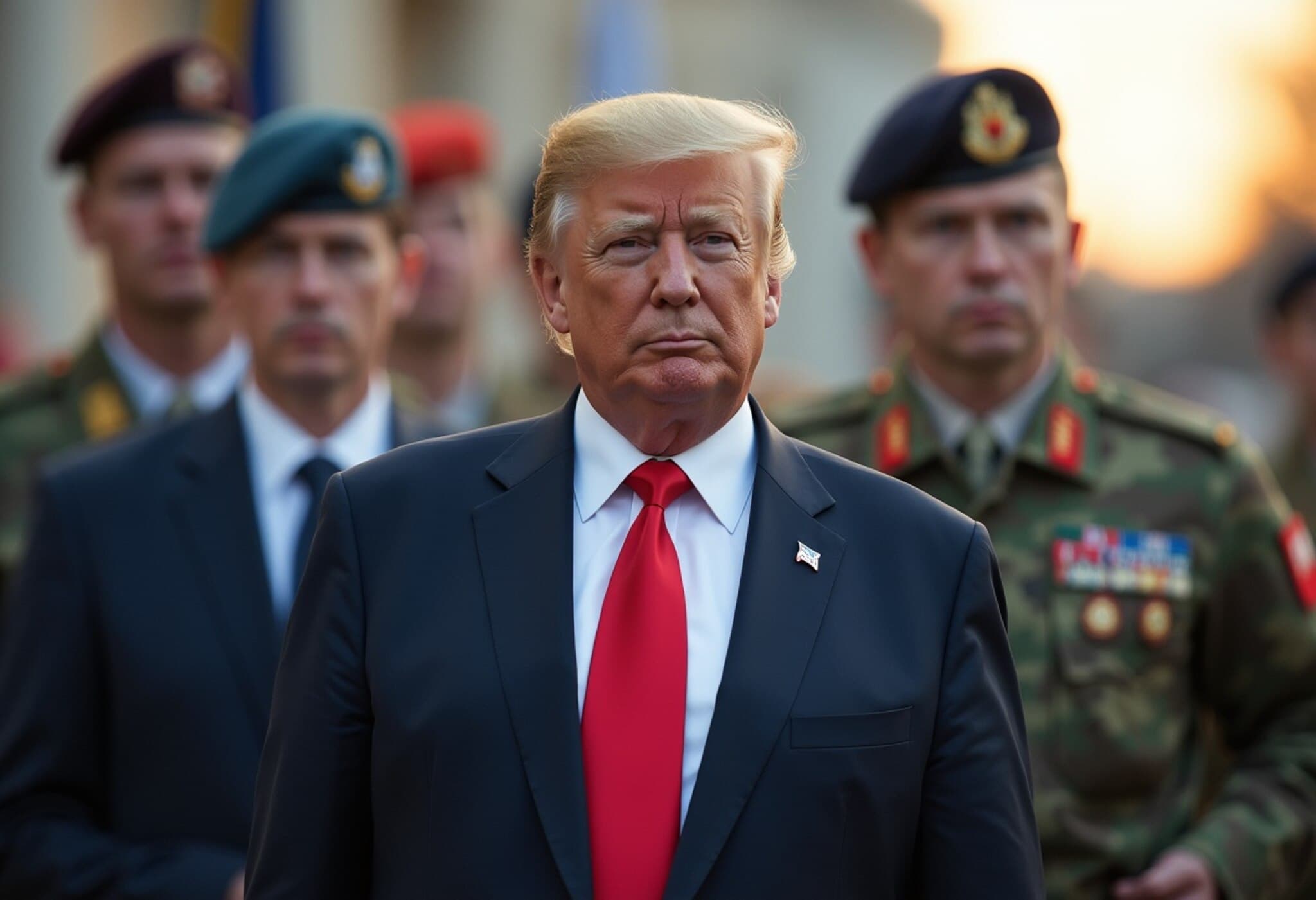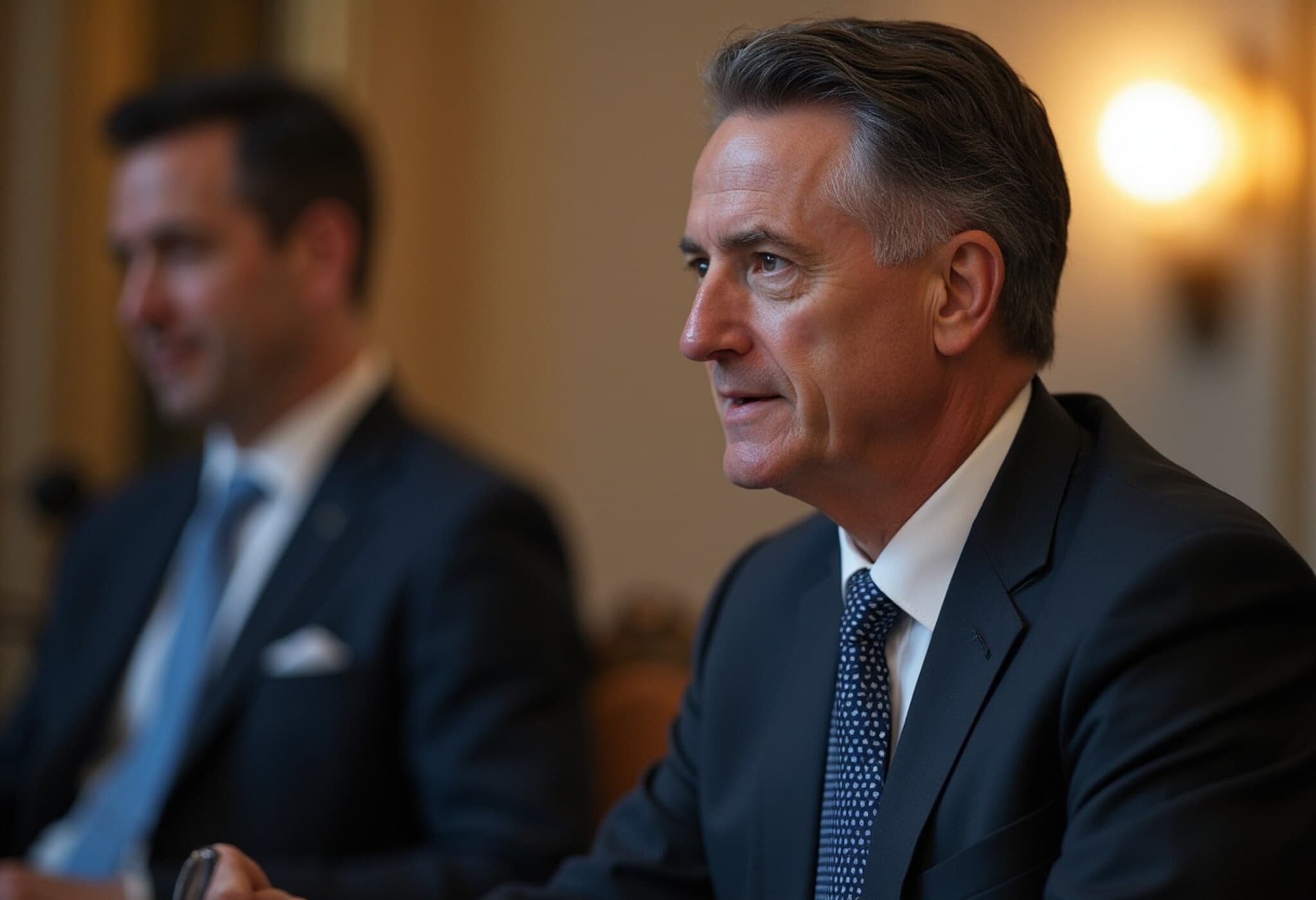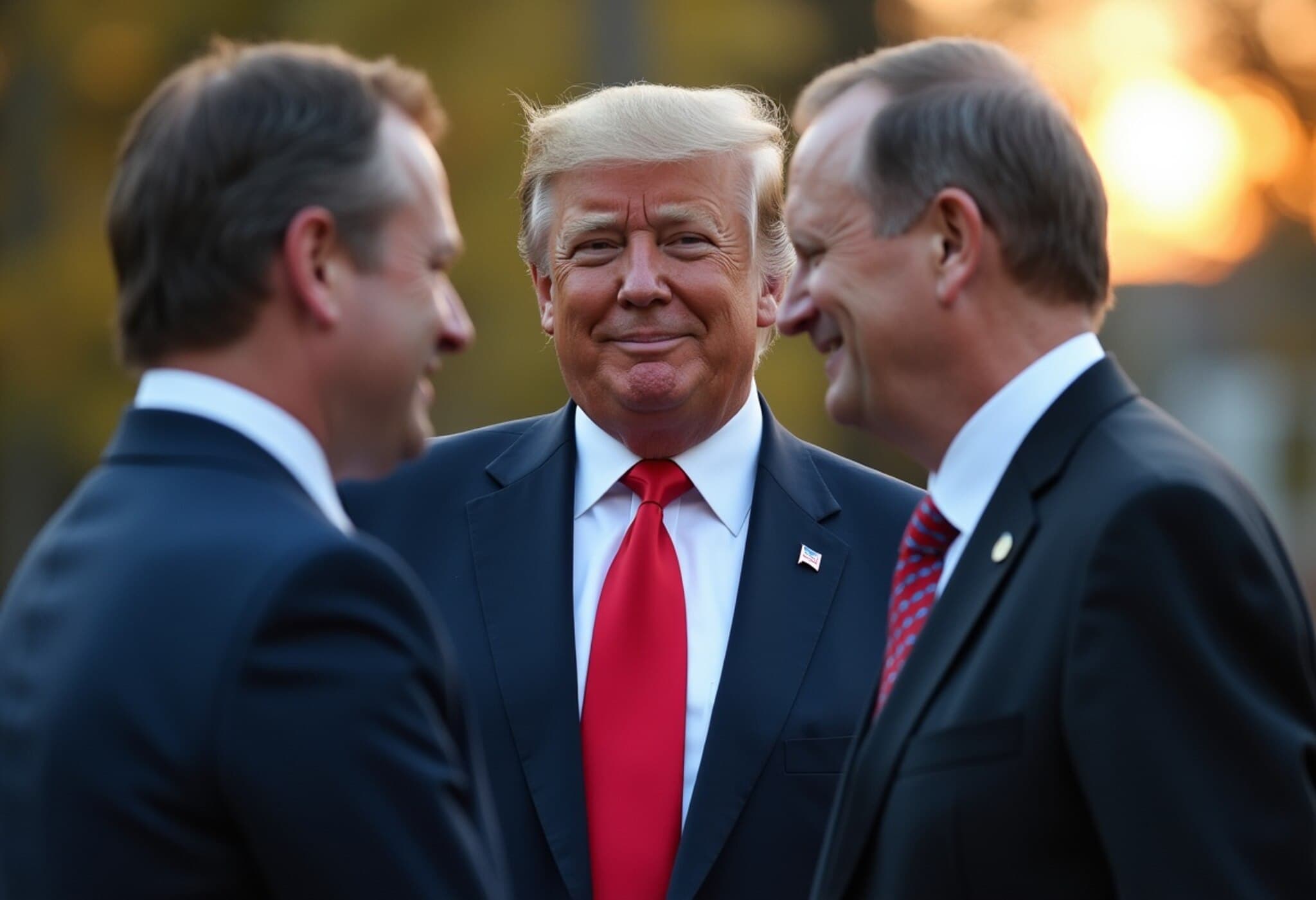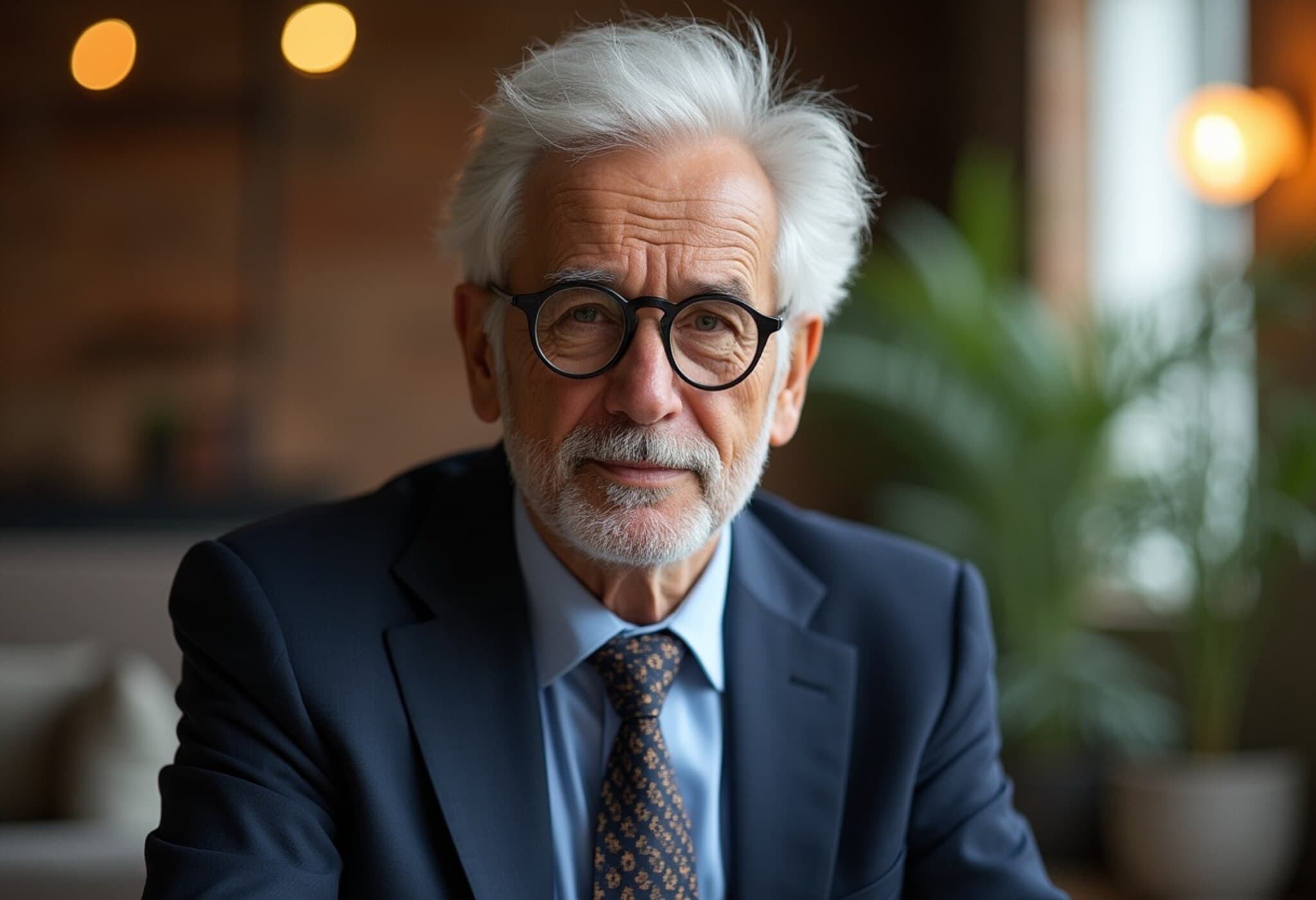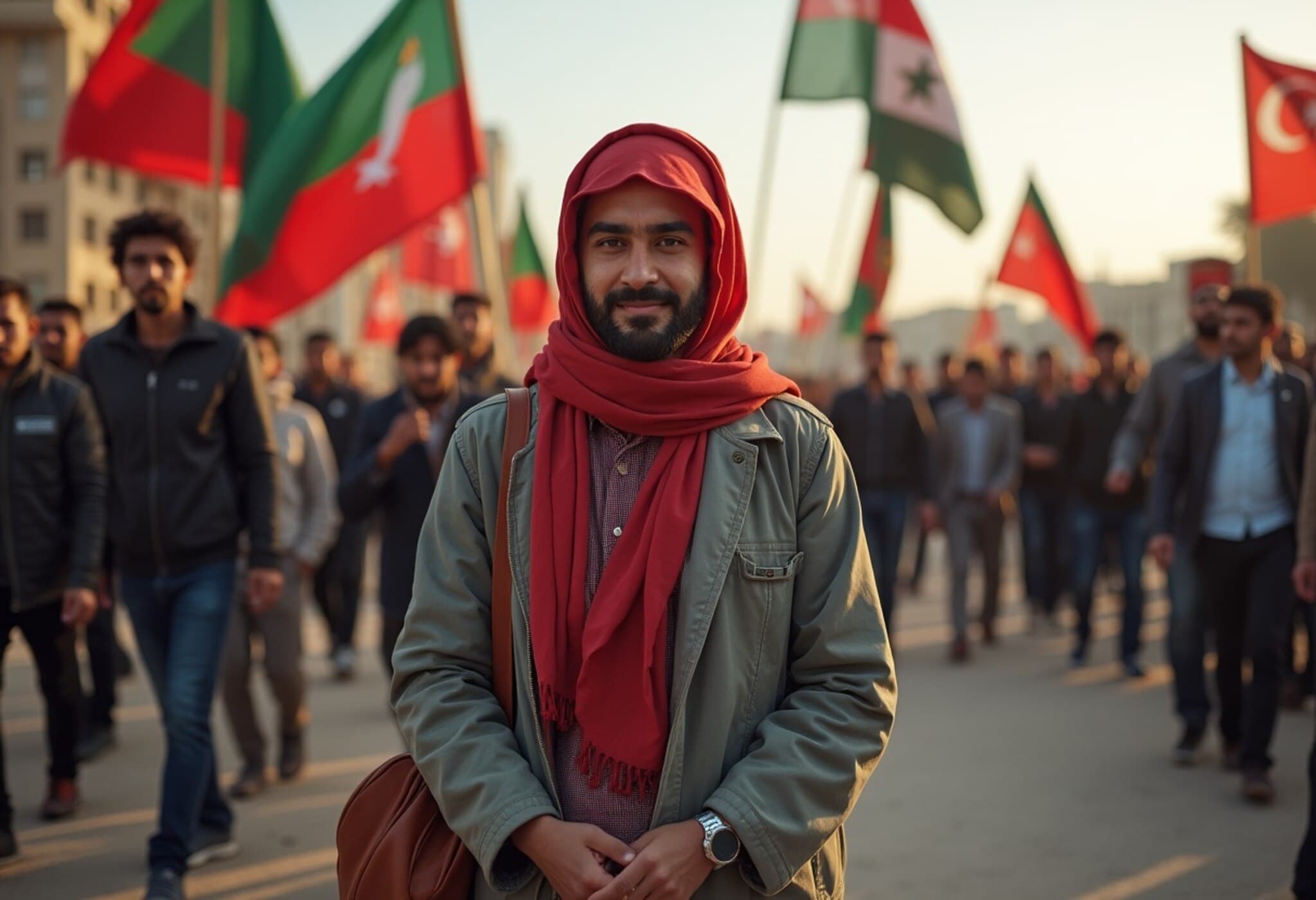Hong Kong Pro-Democracy Activist Ted Hui Granted Asylum in Australia
In a significant development reflecting the global repercussions of Hong Kong’s political climate, Ted Hui Chi-fung, a prominent pro-democracy campaigner and former lawmaker, has been officially granted asylum in Australia. This decision, announced via Hui’s Facebook post on August 16, 2025, comes more than four years after he fled Hong Kong amid mounting criminal charges tied to the 2019 pro-democracy protests.
Fleeing Persecution: The Journey Into Exile
Hui, once a member of Hong Kong’s Legislative Council representing the Democratic Party, left the city in late 2020 under the shadow of increasingly stringent security laws. The charges against him stem from his activism during the 2019 protests, which saw millions take to the streets demanding democratic reforms and greater autonomy from Beijing’s influence. His departure marked the beginning of a challenging exile, complicated by the emotional toll of leaving one’s homeland under duress.
In his heartfelt Facebook post, Hui expressed the complex emotions accompanying his asylum status: "When people around me say ‘congratulations,’ although I politely thank them, I can’t help but feel sad in my heart. How to congratulate a political refugee who misses his hometown?" He poignantly noted the distinction between immigrants who can easily return home and exiles who often cannot.
Official Confirmation and Family Reunification
The Australian Department of Home Affairs confirmed the approval of Hui’s asylum application on Friday, also granting visas to his wife, children, and parents. This family reunification underscores the personal dimension behind high-profile asylum cases, where entire families grapple with the consequences of political upheaval.
Wider Implications: Australia's Approach and Regional Context
This asylum grant arrives amid complex diplomatic dynamics. Australian Prime Minister Anthony Albanese recently completed a high-profile visit to Beijing, aiming to stabilize and enhance bilateral relations—a delicate balancing act given increased concerns over human rights and political freedoms in Hong Kong and mainland China.
The Australian government's response to Hui's application symbolizes Canberra's subtle yet firm stance on protecting political refugees, even as it navigates economic and geopolitical ties with China.
The Ongoing Crackdown and Hong Kong's Political Landscape
Since the imposition of Beijing’s national security law on Hong Kong in 2020, numerous pro-democracy activists have faced prosecution under wide-ranging charges such as inciting secession or subversion. Notably, in 2023, Hong Kong authorities charged Hui and seven others with national security offenses and set a HK$1 million (approximately US$127,782) bounty on their arrests.
Figures like businessman Jimmy Lai remain on trial, emblematic of the government's uncompromising approach toward dissent. These developments have drawn international scrutiny and sparked debates about the erosion of freedoms guaranteed under the "one country, two systems" framework.
What This Means for Political Refugees and Global Democracy
Hui’s asylum is more than a personal victory—it serves as a barometer of global responses to authoritarian pressures and the complex realities faced by political activists in exile. It highlights pressing questions about international asylum policies, the responsibilities of democratic nations, and the emotional realities behind headlines on geopolitical conflict.
- Political Refugees' Challenges: The psychological and social hardships faced by those forced into exile.
- International Diplomatic Balancing Acts: How countries like Australia reconcile human rights advocacy with economic ties to China.
- Legal Precedents: The implications of asylum cases on future protections for activists worldwide.
Editor’s Note
Ted Hui’s story is emblematic of the larger struggle for democracy and human rights in Hong Kong—a microcosm of the global contest between authoritarianism and liberal values. As analysts, policymakers, and citizens watch closely, his asylum raises critical questions: How can democracies support dissenters without escalating geopolitical tensions? What mechanisms are needed to safeguard political refugees’ welfare? And, ultimately, how do societies preserve hope and justice when the very definition of “home” becomes uncertain?
Remaining informed and engaged with such stories is vital in understanding the ongoing transformation of international human rights landscapes.

